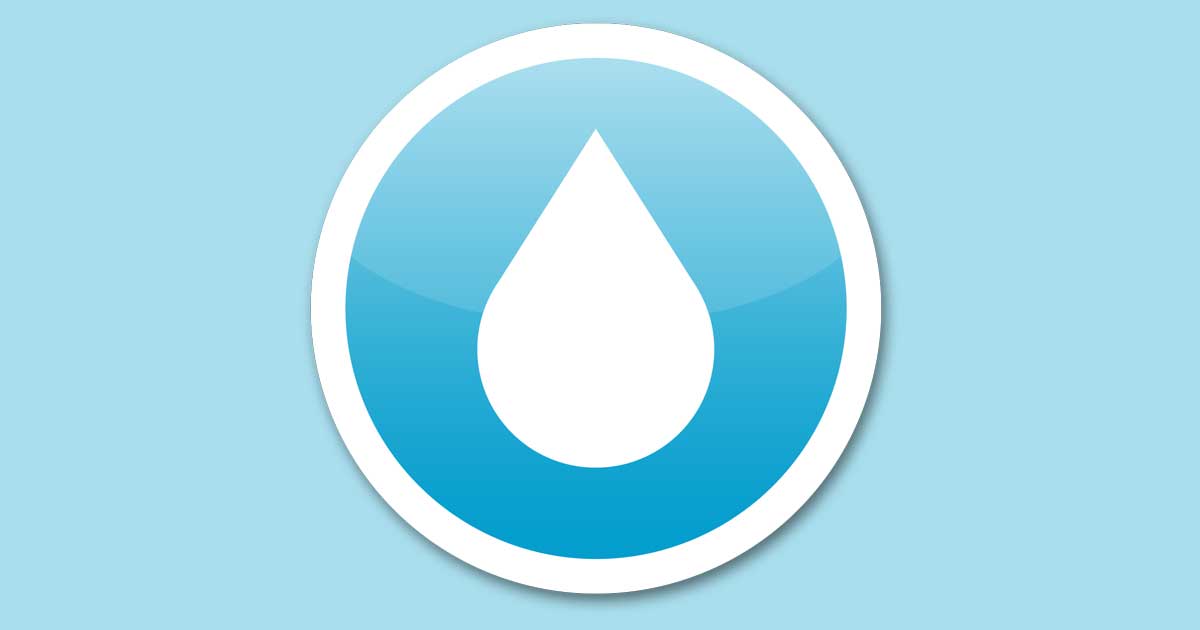Natural Gas is a colorless, odorless, non toxic gas. A chemical ordorant, similar to the smell of rotten eggs, is added to natural gas as a safety measure so that any gas escape can be detected and corrected by the local distribution companies/ utility districts/ multiple owned systems in your area.
The following safety tips apply to all natural gas equipment in your home:
* Never try to install, repair, adjust or modify natural gas appliances yourself
Only have a licensed gas technician that knows the technology and the relevant gas codes that must be followed
* Have your natural gas equipment and exhaust venting systems inspected and serviced regularly by a licensed gas technician to ensure safe, efficent operation
* When natural gas equipment is working properly, there is no odor. If you ever notice the smell of the odorant in natural gas
(somewhat like rotton eggs), do not ignore it
* If there is a gas odor inside your home:
1. That is slight or comes and goes , open outside doors and windows; then leave the house or building
2. That is STRONG, LEAVE IMMEDIATELY. Do not stop to open windows or doors
3. Do not attempt to locate gas leaks yourself
4. Do not turn lights, appliances or equipment on or off, or unplug any electrical devices or anything that may cause a spark
5. Do not start a car or operate any power equipment
6. Call your Local Distributation Operator from a neighbor's phone or from a cellular phone once are well away from the building
7. Keep everyone away from the building until given the "all clear" from a gas company employee
* Natural gas equipment needs lots of air for safe burning and venting of exhausts
* If the pilot light or burner flames of your furnance or other natural gas equipment look yellow, turn off the equipment and have it checked by a licensed gas technician. The flames should appear blue or mostly blue with a tip of yellow. The only exception to this rule is modern natural gas firplaces, designed with the ceramic logs and realistic yellow flames
* Keep the equipment area clean and do not store things on top of or next to the equipment . Do not cover the controls, air intakes or exhaust vents of any natural gas equipment
